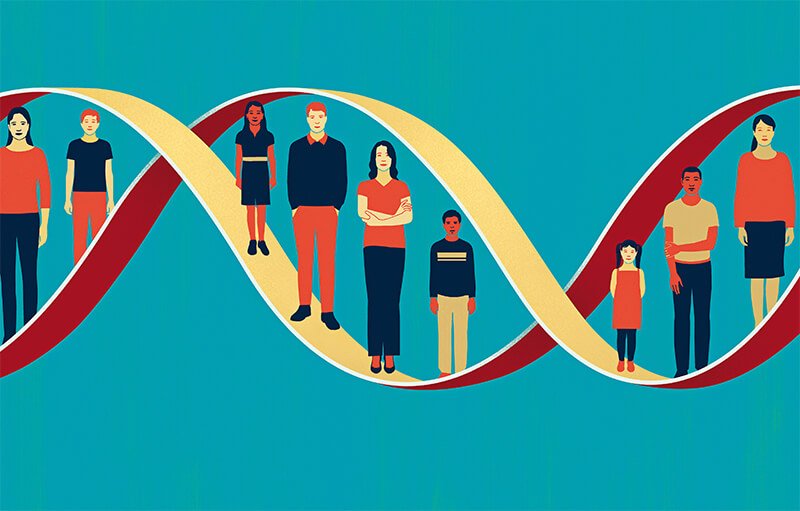This past year, Ancestry and 23andMe DNA kit sales on their websites saw major declines, according to new data from Second Measure, a company that analyzes consumer credit and debit card data.
…
There are a few potential reasons for the declines, including market saturation, privacy concerns, and limited usefulness.
…
Smaller competitors are trying different models in order to keep users interested and spending money. A new direct-to-consumer company called GoodCell is combining genetics and health test offerings with continual testing — maybe you don’t have diabetes now, for instance, but you might develop it in a few years — and biobanking. This means the company actually stores the blood they collect from you for the genetics tests, which a doctor or phlebotomist has to collect (so no spitting in a vial and mailing it in). The company has a $14.99 a month subscription model that includes these tests and storing your blood.
…
While the market for traditional direct-to-consumer genetics tests might be flagging, it’s likely that scientific advancements in our understanding of genetics and what we can do with the tests might lead to more interest down the line.































